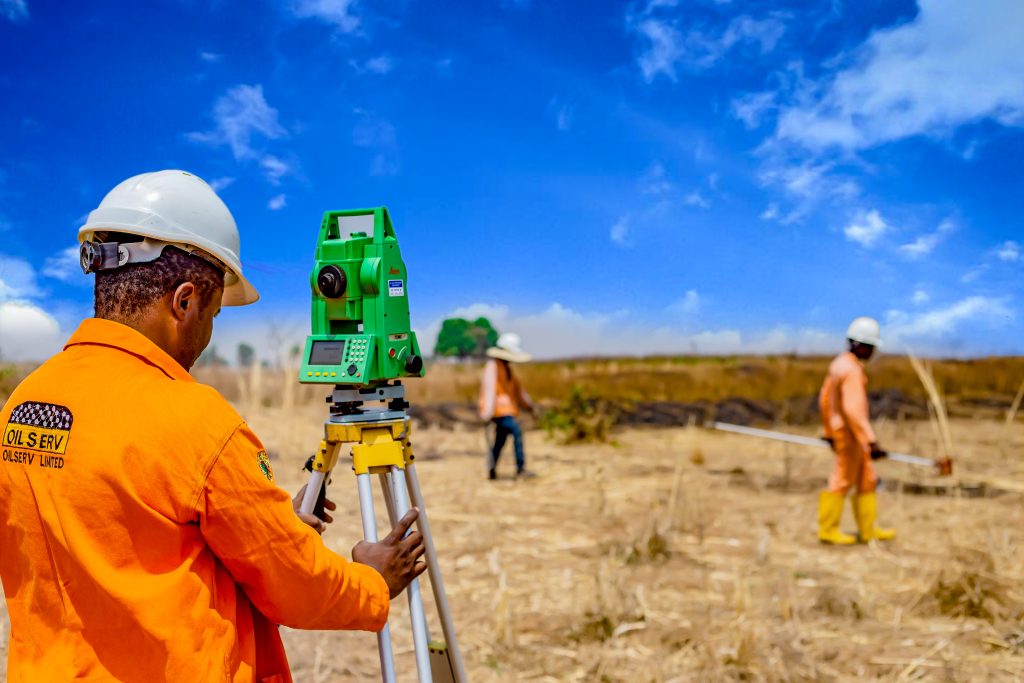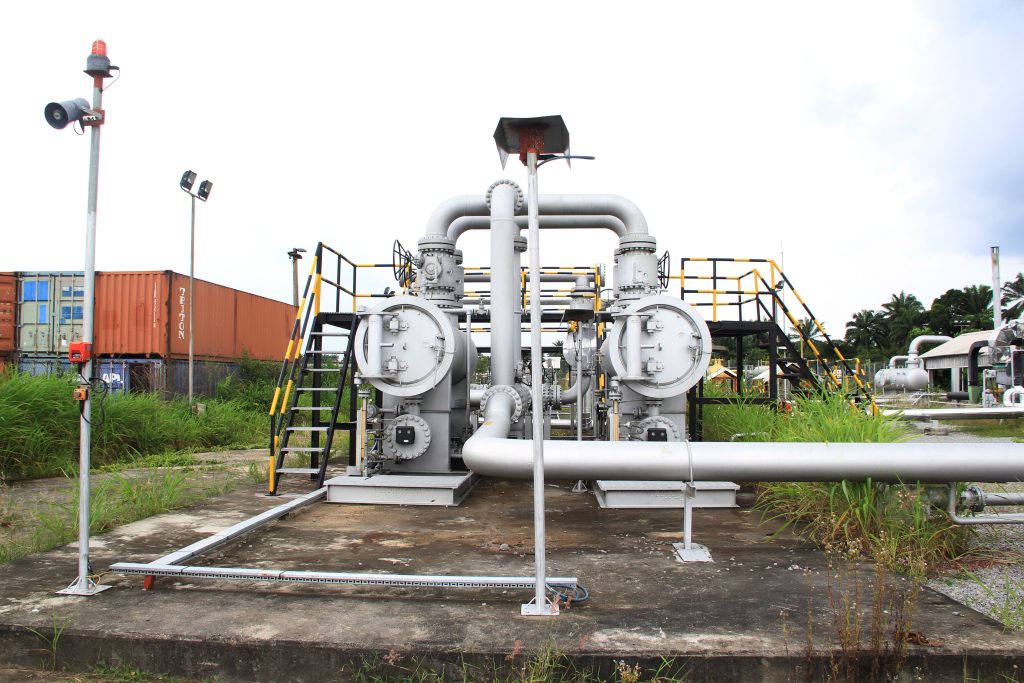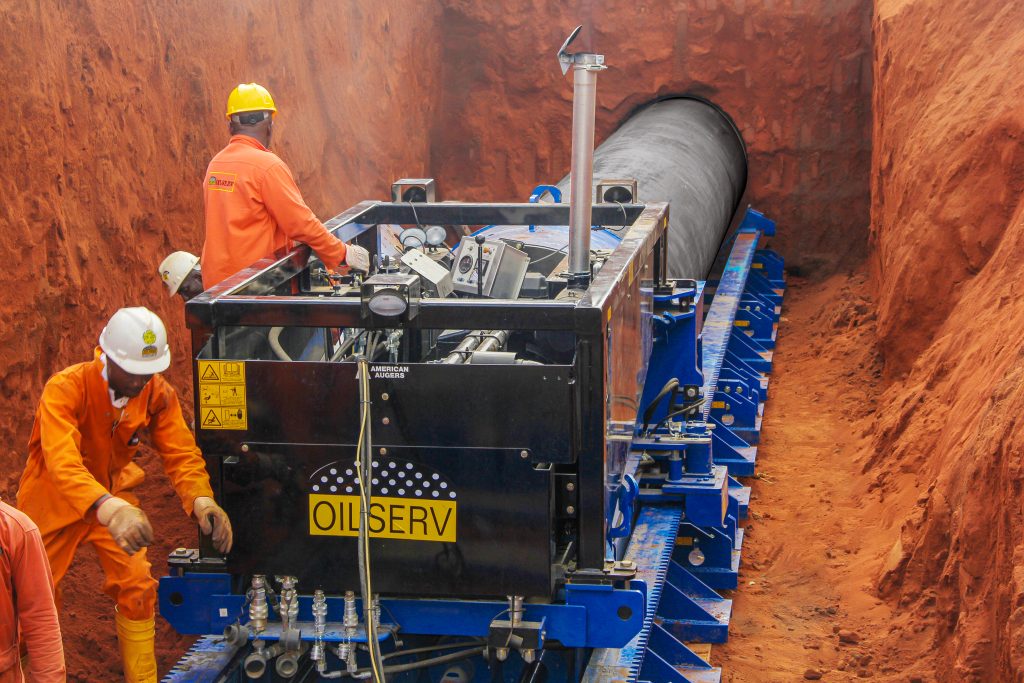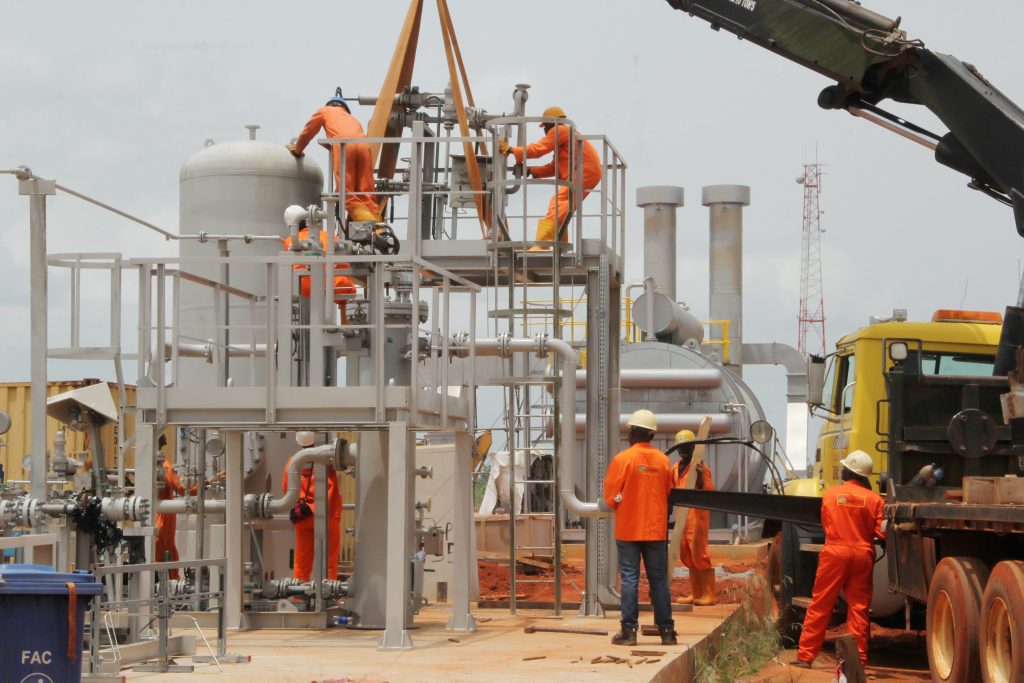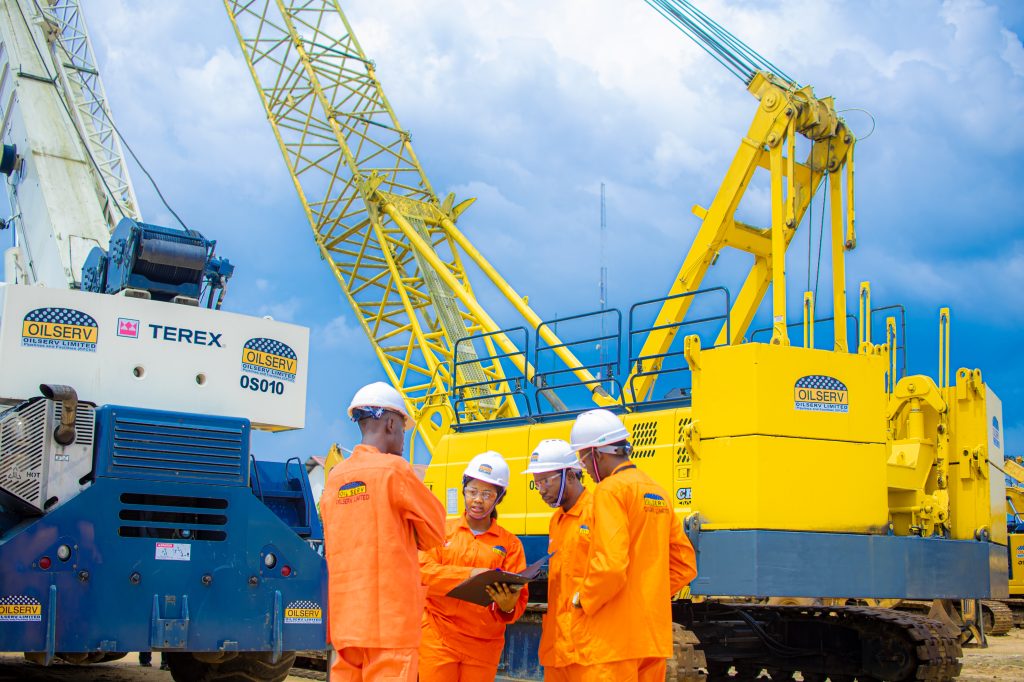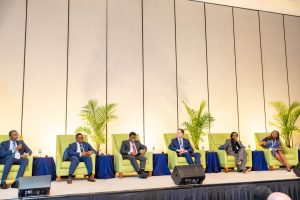 At the recently concluded Offshore Technology Conference in Houston, Texas, a key panel discussion emphasized the abundant natural resources in Nigeria and Africa, including oil, gas, and renewables. The panel underscored the need for intensified exploration and increased production in a sustainable manner to promote economic growth, generate revenue, bridge the energy gap for a growing population, and improve living standards. It was highlighted that governments must promote an adequate regulatory and legal framework to create a conducive environment for attracting foreign investors.
At the recently concluded Offshore Technology Conference in Houston, Texas, a key panel discussion emphasized the abundant natural resources in Nigeria and Africa, including oil, gas, and renewables. The panel underscored the need for intensified exploration and increased production in a sustainable manner to promote economic growth, generate revenue, bridge the energy gap for a growing population, and improve living standards. It was highlighted that governments must promote an adequate regulatory and legal framework to create a conducive environment for attracting foreign investors.
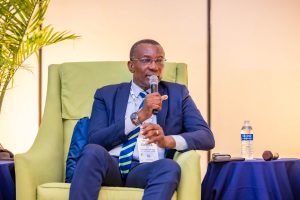
Engr. Chuka David Eze, FNATE, Managing Director, Frazimex Engineering Limited-Oilserv Group, who represented Engr. Emeka Okwuosa CON, Chairman/GCEO, Oilserv Limited spoke on the sub-topic on Oil and Gas infrastructure in Nigeria which is an area Oilserv Limited is playing significant and leading roles in the EPCIC of major Gas infrastructure – processing and treatment facilities, transmission pipeline and distribution pipeline such as the NNPC AKK Gas pipeline Segment 1 – 40” x 304km and facilities, the NNPC OB3 Gas pipeline 40” x 124km and Gas Treatment plant which the Oilserv segment has been completed, commissioned and energized and the NNPC – 36” x 23km Gas pipeline from ANOH – OB3 CTMS which is planned to be commissioned by the President of Nigeria, His Excellency, Ahmed Bola Tinubu in May 2024. These projects were/are designed by Frazimex Engineering Limited and constructed/undergoing construction by Oilserv Limited.
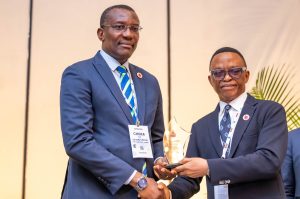
Engr. Eze clearly stated that there is inadequate infrastructure in Nigeria which hinders economic growth and power generation needed to meet the energy demand of our growing population and support the Gas-based industry (GBI) in manufacturing of goods with reduced unit price of goods and services. Engr. Eze mentioned that unlike Oil that you can store for some time, Gas cannot be sorted as Oil and therefore needs necessary Gas infrastructure to deliver them to where they are needed. He highlighted that the Petroleum Industry Acts has provisions that supports bridging the gap in infrastructure. These provisions include but not limited to: a). The Access to Infrastructure and Facilities through the operation of gas transportation network codes between the Operators and shippers that provides access to the transportation infrastructure as long as the entry and exit requirement are met, b). The Midstream and Downstream Gas funds).
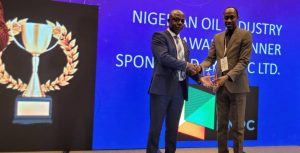
Engr. Eze urged Exploration and Production (E&P) companies, both International Oil Companies (IOCs) and National Oil Companies (NOCs), to intensify efforts in exploring proven gas reserves. He assured these companies of the presence of capable service providers like Oilserv Limited, which can construct the necessary infrastructure to reduce the existing deficit. He emphasized that building this gas infrastructure requires substantial capital investment. To address this, Oilserv has incorporated various business models, including EPCIC+F (Finance), Build-Own-Operate (BOO), Build-Own-Operate-Transfer (BOOT), and Build-Operate-Transfer (BOT), in addition to the traditional EPCIC model, to contribute to bridging the infrastructure gaps.
Moreover, Engr. Eze stressed the need to build local capacity and capabilities with continuous support from the government, NOCs, and IOCs. He also highlighted the importance of protecting installed gas infrastructure from vandalization.
In conclusion, Engr. Eze remarked that Nigeria has the necessary legal and regulatory frameworks in place. He stressed that it is time to move from discussion to proper implementation to bridge infrastructure gaps, promote economic development, and improve living standards. He expressed confidence that with concerted efforts, Nigeria’s proven gas reserves of 209 TSCF would be significantly reduced through active exploration activities in the coming years.

